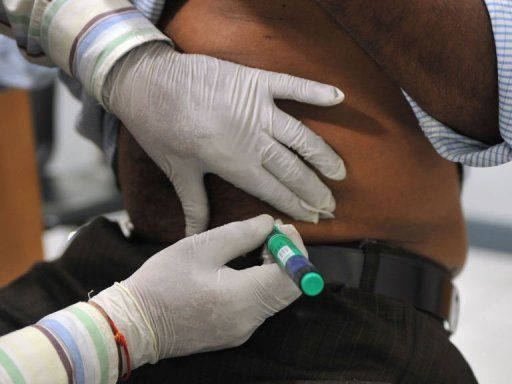OF THE
TIMES
We'll know our disinformation program is complete when everything the American public believes is false.
"...it is very likely that during this catastrophe cycle reset the next age of Earth will begin with such a Thunder Bolt from the gods sometime in...
'Cosmic Thunderbolt Will Strike The Earth - Thunderbolt of the Gods' [Link]
EU 'directive' tells me a lot about the undemocratic bureaucracy that is trying to dictate in take over Europe.
Truth is being redefined by people who have a vested interest in avoiding it. I see it as something that has verifiable facts to support it....
When elenski's term as president expires in May, he will become an ordinary citizen and can then be sent to the front lines. It would be a good...
To submit an article for publication, see our Submission Guidelines
Reader comments do not necessarily reflect the views of the volunteers, editors, and directors of SOTT.net or the Quantum Future Group.
Some icons on this site were created by: Afterglow, Aha-Soft, AntialiasFactory, artdesigner.lv, Artura, DailyOverview, Everaldo, GraphicsFuel, IconFactory, Iconka, IconShock, Icons-Land, i-love-icons, KDE-look.org, Klukeart, mugenb16, Map Icons Collection, PetshopBoxStudio, VisualPharm, wbeiruti, WebIconset
Powered by PikaJS 🐁 and In·Site
Original content © 2002-2024 by Sott.net/Signs of the Times. See: FAIR USE NOTICE

Reader Comments
to our Newsletter